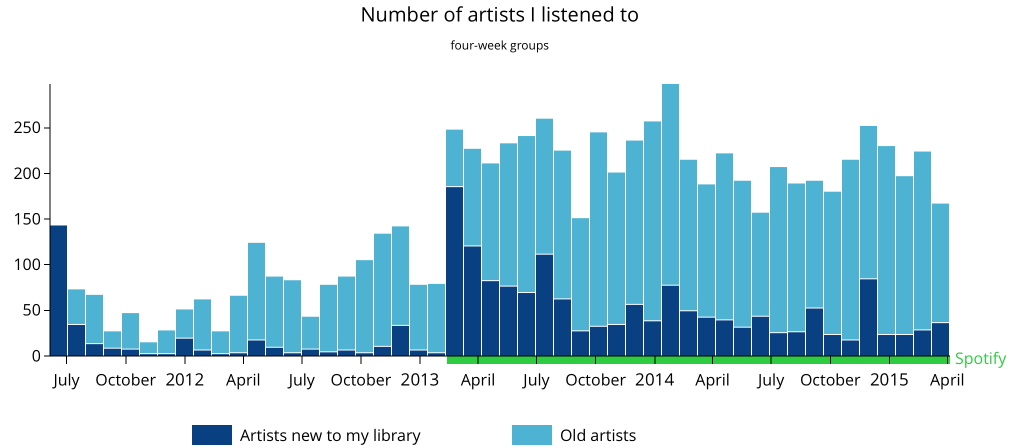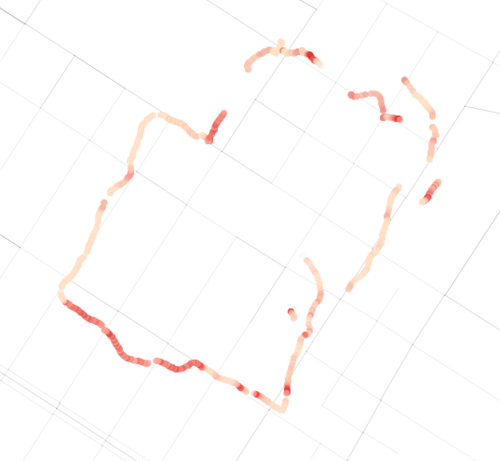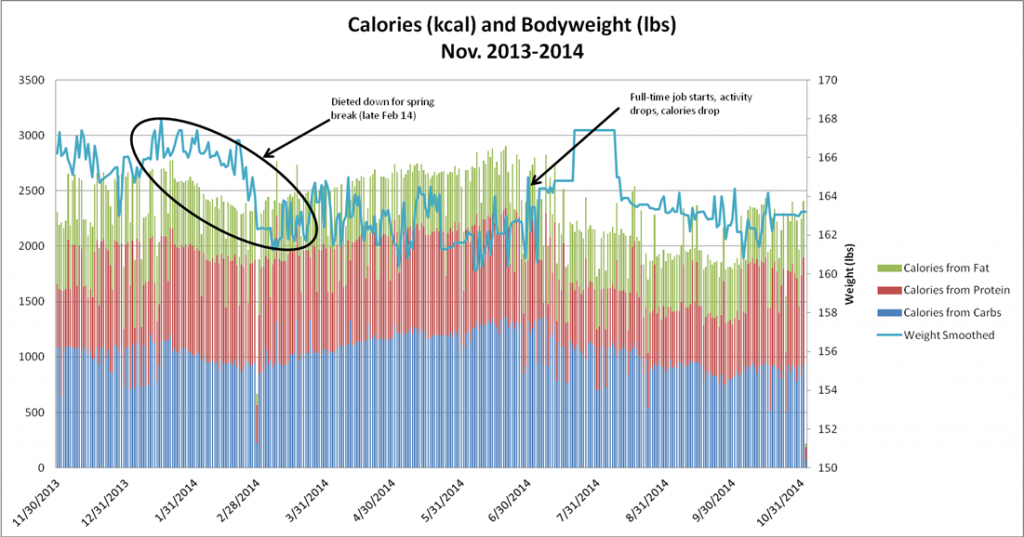What We Are Reading
Ernesto Ramirez
April 25, 2015
One quick note today before we dive into this week’s set of articles and ideas: Did you know we started a podcast? Check out our first episode here and subscribe on iTunes!
Articles
Who Owns Medical Records: 50 State Comparison by George Washington University’s Hirsh Health Law and Policy Program. You’ll never guess how many states have laws that give patients ownership rights for their medical records. Spoiler: ONE.
Want to Improve Health? Help People Use and Share Their Data by Risa Lavizzo-Mourey. Dr. Lavizzo-Mourey, president and CEO of the Robert Wood Johnson Foundation, shares her thoughts about how access to and sharing data can bring about a Culture of Health:
I believe that, fundamentally, data is all about helping people find new opportunities to pursue optimal health and participate in their own care. That means promoting ways to get, use, and share information about themselves easily and securely.
Technology That Prods You to Take Action, Not Just Collect Data by Natasha Singer. A nice article here that includes some great insights from our friend and community contributor, Natasha Dow Schüll. Are devices being “dumbed down” or are we when we “cede [our] free will to machine algorithms”? Only time will tell.
Can healthy people benefit from health apps? by Iltifat Husain & Des Spence. In this debate, Iltifat Husain and Des Spence discuss different types of health tools, applications, and devices being used by healthy individuals. Do they impact our health for the better? These two physicians duke it out through spoken and written word.
Excavating Old-School Self-Tracking Tools by Jamie Todd Rubin. A short but interesting thought experiment here by Jamie. What would happen if we analyzed the vast troves of “soft” data found in the diaries and journals? What could we find out about our past, our history?
Show&Tell
How We Are Measuring Happiness at Whitesmith by Daniel F. Lopes. Another interesting example of using the workplace team communication tool, Slack, to gauge and collect information about the emotional wellbeing of employees.

Impact of music streaming on my listening habits by Maciej Konieczny. Maciej switched to streaming music in 2013, and it completely changed how he experienced music. In this great post Maciej he describes how exploring his music listening data (from Last.fm, of course), he was able to see just how his listening habits were impacted.
Visualizations
 Quantified Self About Town by Changyeon Lee. This visualization is part of a project by Changyeon to map artificial light in New York City. Above you see a data visualization of artificial light data around the NYU Tisch Building
Quantified Self About Town by Changyeon Lee. This visualization is part of a project by Changyeon to map artificial light in New York City. Above you see a data visualization of artificial light data around the NYU Tisch Building
 My year in calories/weight.Data exported from MyFitnesspal by reddit user qwerty2020.
My year in calories/weight.Data exported from MyFitnesspal by reddit user qwerty2020.
Access Links
In world of health data, enemies may become friends
Why should patients have the right to a copy of their imaging data?
WHO: Share Trial Data
California Launches Initiative to Advance Precision Medicine
From the Forum
Body Analyzing Scales – the maths?
Sleep Apnea Treatments
Central repository for QS dataComparing Steps with BodyMedia FIT and Fitbit Charge HR
How to calculate the impact of activities on pain levels



